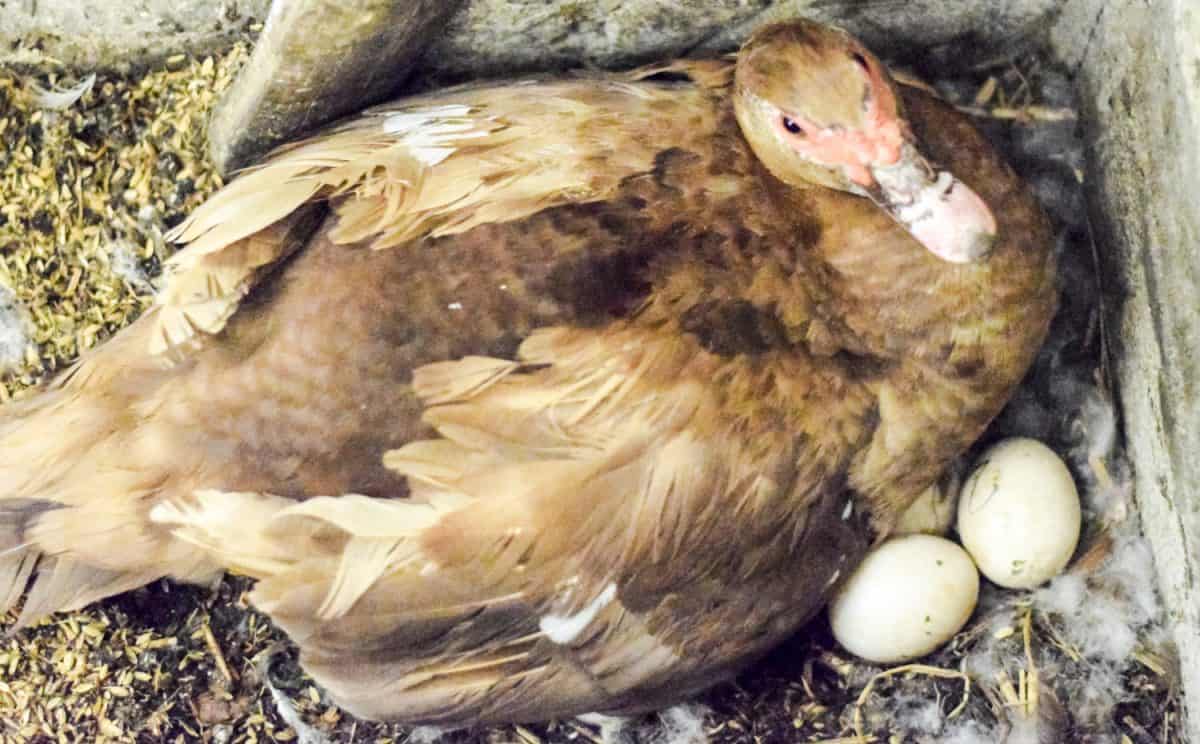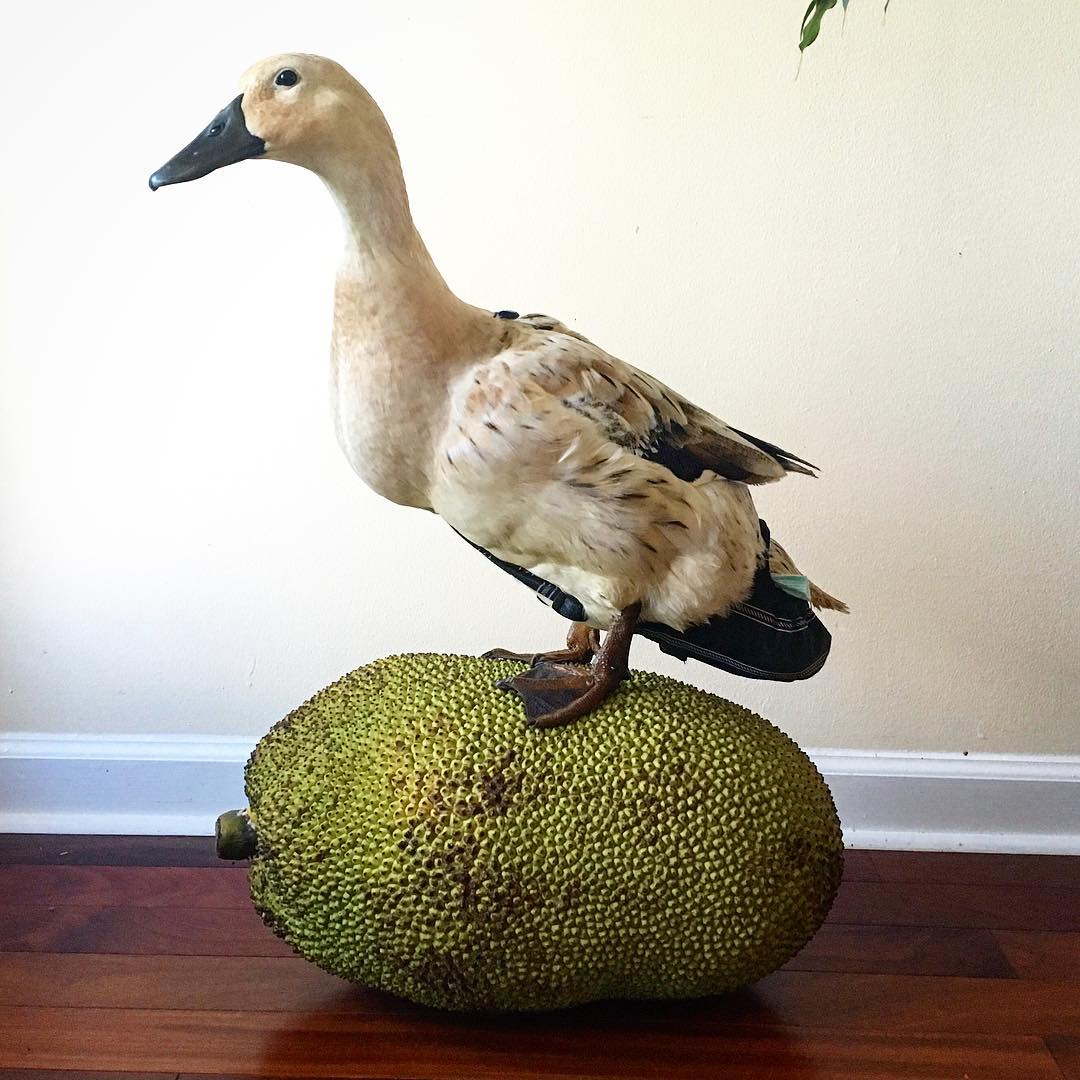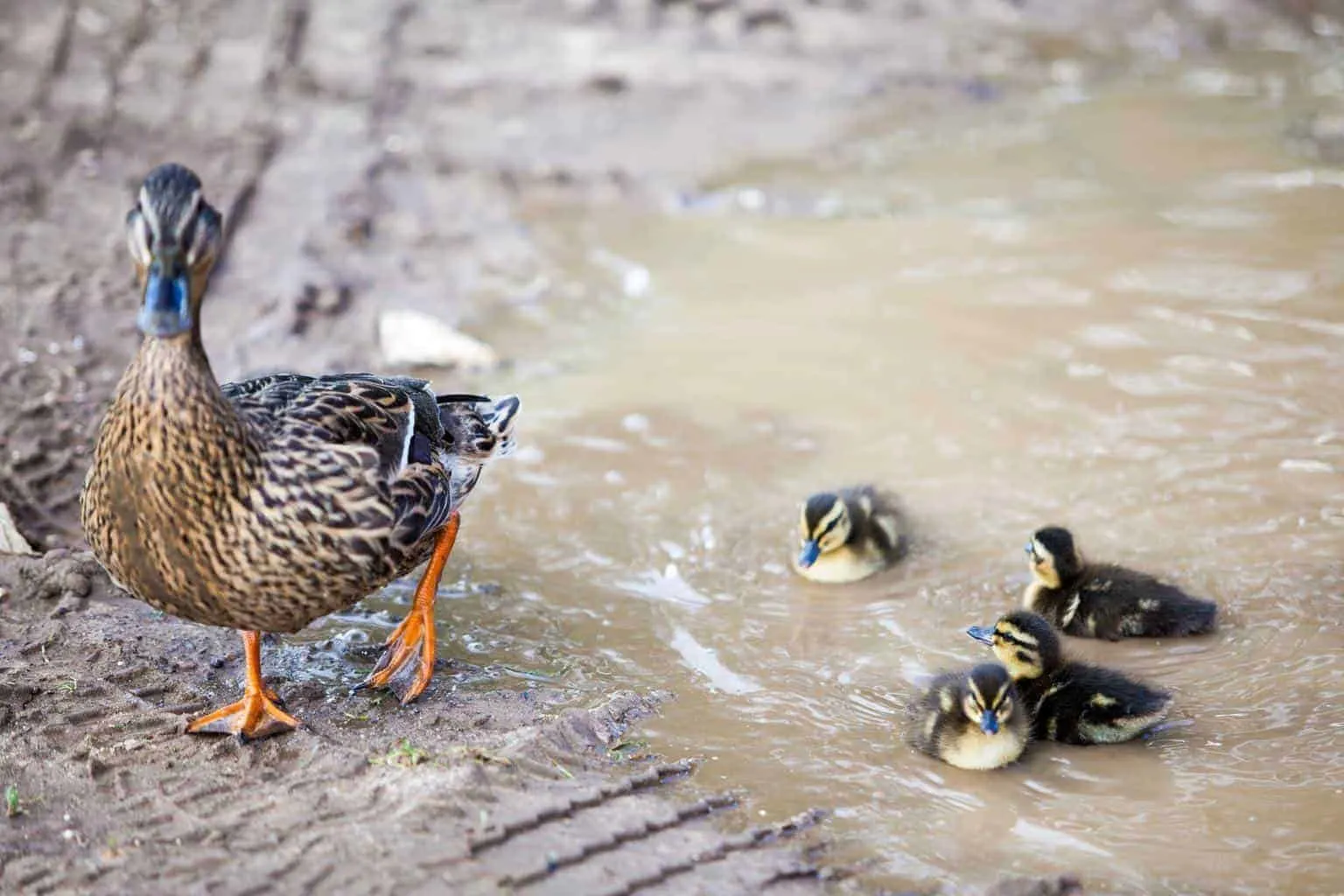When do Ducks Start Laying Eggs (Everything You Need to Know)
When do ducks start laying eggs? Ducks are not only cute as ducklings, as they mature into adult ducks.
But they also add beauty to the backyard, hours of amusement, and delicious eggs to fry for Sunday brunch or any other time of the week.
When Do Ducks Start Laying Eggs?

The typical age range for most breeds is between four and seven months. And they produced the most eggs in the spring.
However, egg-laying may not occur in the spring if your duck was developing during the fall and winter unless you provide them with sufficient sunlight.
Breeds that lay eggs all year long, regardless of the season, include the Khaki Campbell.
Even though it’s difficult to be precise about how long the duck lays eggs, It’s typically a quick operation.
You might very well miss it if you’re still asleep. Because ducks often lay their eggs in the morning.
It’s recommended to consult a veterinarian if you notice your duck isn’t laying frequently or is having other issues, so they can diagnose the issue and suggest a course of action.
When Do Ducks Start Laying Eggs | How to Improve Duck Fertility?

The environment must be conducive for the ducks to lay eggs. If you want them to continue doing so.
You should take care of your duck so that she can lay the duck eggs you want her to. Below are various ways to improve your duck’s fertility.
1. Healthy Feeding
Make sure your ducks are eating high-quality feed as a top priority. The feed shouldn’t have any bugs or mold damage.
It should be as fresh as possible and include the proper amount of nutrients.
2. Create the Ideal Environment
Consider the surroundings in which you keep your ducks as well. They need to be able to forage and exercise whenever they want.
So, a fenced yard is crucial for their mobility. For the best outcomes, be sure to give them lots of space to soar and roam.
3. Provide a Balanced Eating Routine
Besides high-quality feed, your ducks’ diet also needs to be well balanced. A balanced, healthy diet will significantly improve their capacity to lay eggs.
For the greatest results, for instance, try giving your ducks pellets that are rich in nutrients, minerals, niacin, and vitamins.
4. Provide Clean Water
While ducks don’t give a damn about the water they drink, they don’t mind if it stinks. However, it can interfere with their capacity to lay eggs. Freshwater is therefore essential for egg-laying.
But it’s not just for drinking. Your ducks also require clean water for swimming. While many claims that unclean water has no impact on egg laying, others disagree.
Therefore, if you want eggs, it’s easiest to merely provide them with fresh water to swim in.
Keep it as clean as you can because the ducks swimming in the water will undoubtedly make it muddy.
READ ALSO:
- Low Cost Vets Near Me
- How to Add Visa Gift Card to Paypal
- Does Bristol Farms Take EBT?
- Does Bucees Accept EBT 2022?
- Nutri Chopper Review 2022
Frequently Asked Questions on When Do Ducks Start Laying Eggs

Raising ducks can be exciting. The tasty eggs might help you get by during hard times.
However, you must create the ideal circumstances and provide your ducks with the right care if you want them to lay eggs for you.
We hope this content (when do ducks start laying eggs) has been educating. Let us know your thoughts and suggestions in the comment section.
Also, share it with your loved ones and active social media accounts.
